Ceramic Marble: Guide to Uses, Strengths, Racing Tips
Marble Sport is the ultimate destination for marble enthusiasts, providing in-depth insights into different types of marbles, racing tracks, and ways to enjoy this exciting game.
Ceramic marbles are crafted from hardened clay, fired, and glazed for a smooth, vibrant finish. They have been cherished for centuries, originally designed as toys and decorative pieces. Today, they come in a variety of patterns, making them ideal for collectors, home décor, and casual games. Offering a perfect mix of artistry and tradition, ceramic marbles remain a timeless favorite.
Common uses of ceramic marble
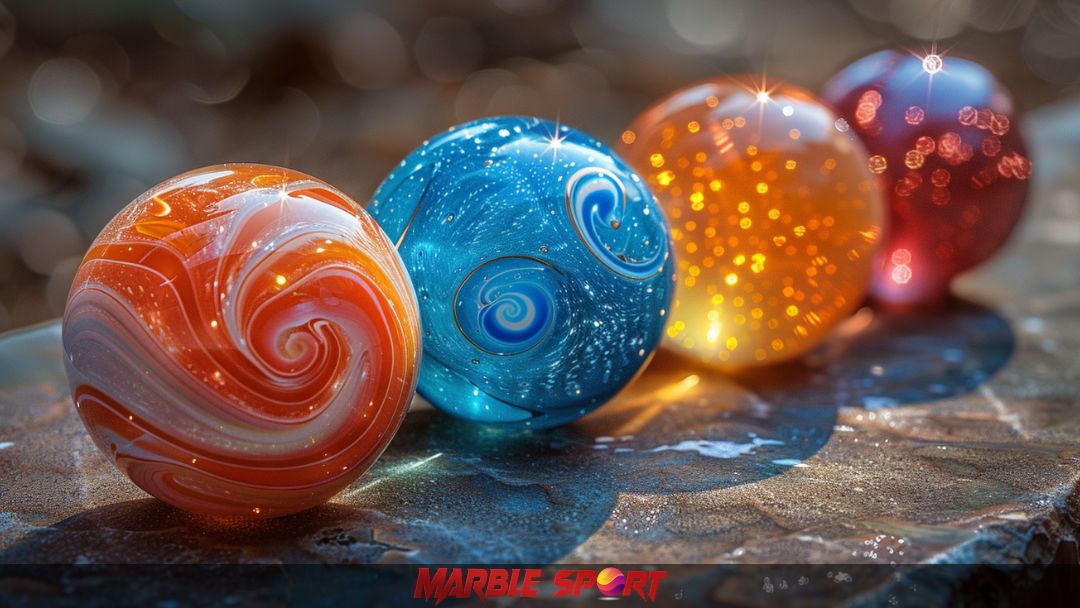
Collectibles
Ceramic marbles are a top pick for collectors who value artistic patterns and vintage appeal. Many designs feature intricate swirls, bold colors, and hand-painted details that make them stand out
For some collectors, ceramic marbles aren’t just about appearance – they’re about history. Older ceramic marbles, especially those from the past decades, can become valuable antiques. Limited edition styles or handcrafted pieces often fetch higher prices, making them a rewarding item to collect.
Decoration
Ceramic marbles can easily brighten up any space with their smooth texture and vibrant colors. They work as well as vase filters, adding visual interest to floral arrangements. You can also scatter them in decorative bowls for an elegant touch.
Outdoors, ceramic marbles make great ornaments. Placing them in pathways or flower beds can create colorful accents that catch the eye. I’ve even seen them embedded in concrete stepping stones, and the effect is stunning.
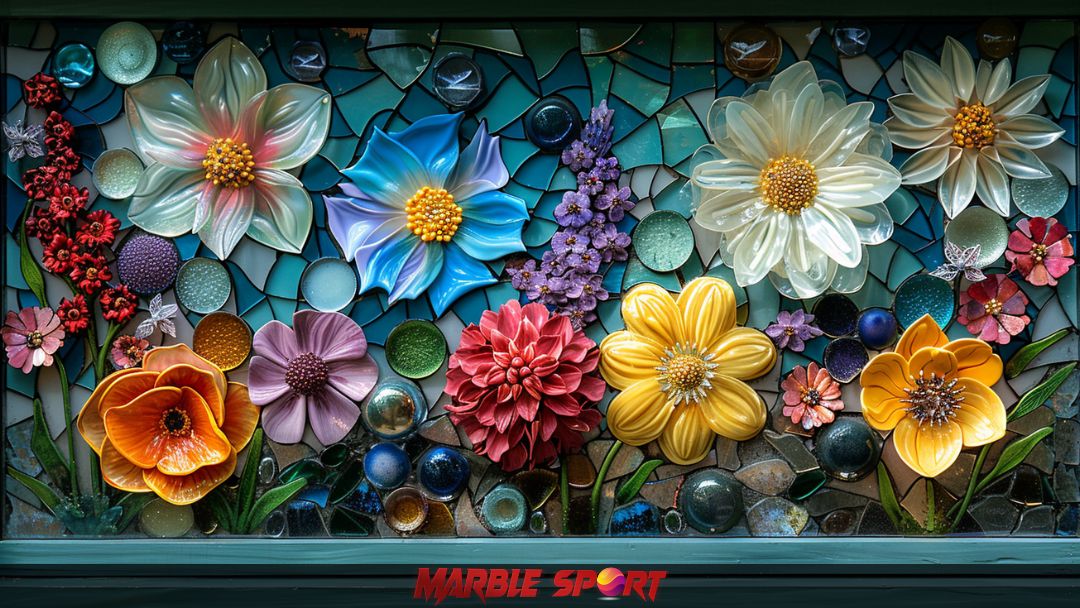
Games and play
Traditional marble games are still fun today, and ceramic marbles fit right in. They’re lightweight, which makes them great for casual play. Whether it’s a game of marbles or creating a simple obstacle course, these marbles offer endless entertainment.
For marble racing enthusiasts, ceramic marbles can be used for practice or experimenting with track designs. While they may not roll as fast as glass or metal marble, their slower speed can actually make races more strategic and exciting.
DIY project
Craft lovers often find ceramic marbles perfect for DIY projects. They can be glued onto picture frames, mirrors, and coasters to create colorful patterns. Mosaics made with ceramic marbles are eye-catching and add a personal touch to home decor.
Jewelry-making is another creative outlet. Ceramic marble can be turned into pendants, earrings, or keychains with a bit of imagination and the right tools.
I’ve used ceramic marbles in a few crafts, and they always add a pop of color that grabs attention.
Strengths of ceramic marbles
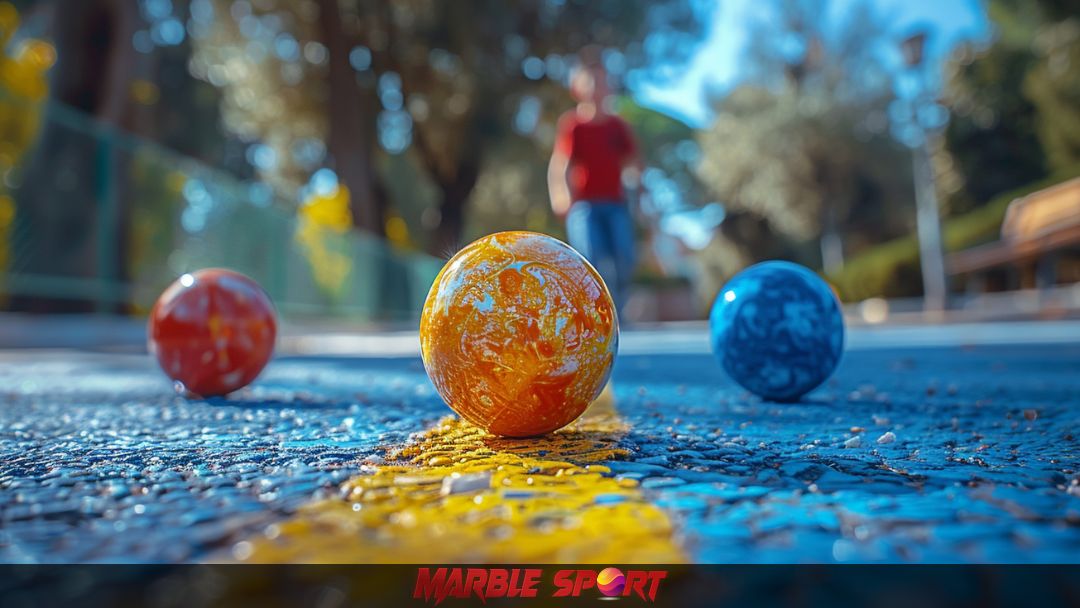
Affordable and accessible
Ceramic marbles are one of the most budget-friendly options available. Whether you’re building a collection, decorating your home, or experimenting with marble tracks, you don’t have to spend much to get started. That’s what makes them perfect for beginners and seasoned hobbyists alike.
Eye-catching designs
One of the biggest strengths of ceramic marbles is their variety. With vibrant colors, unique patterns, and glossy finishes, they stand out in any setting. I love how they can turn a simple display or craft into something visually stunning.
Lightweight and easy to handle
Ceramic marbles are light, making them easy to work with, especially for kids or craft projects. Their weight also makes them portable, so you can carry them around without any hassle. While their lightweight may not suit professional marble racing, it’s great for casual fun.
Eco-friendly materials
Since they’re made from natural clay, ceramic marbles are an environmentally friendly choice. If sustainability matters to you, these marbles offer a guilt-free way to enjoy hobbies and creative projects. It’s always nice knowing you’re using materials that are kinder to the planet.
Weaknesses of ceramic marbles
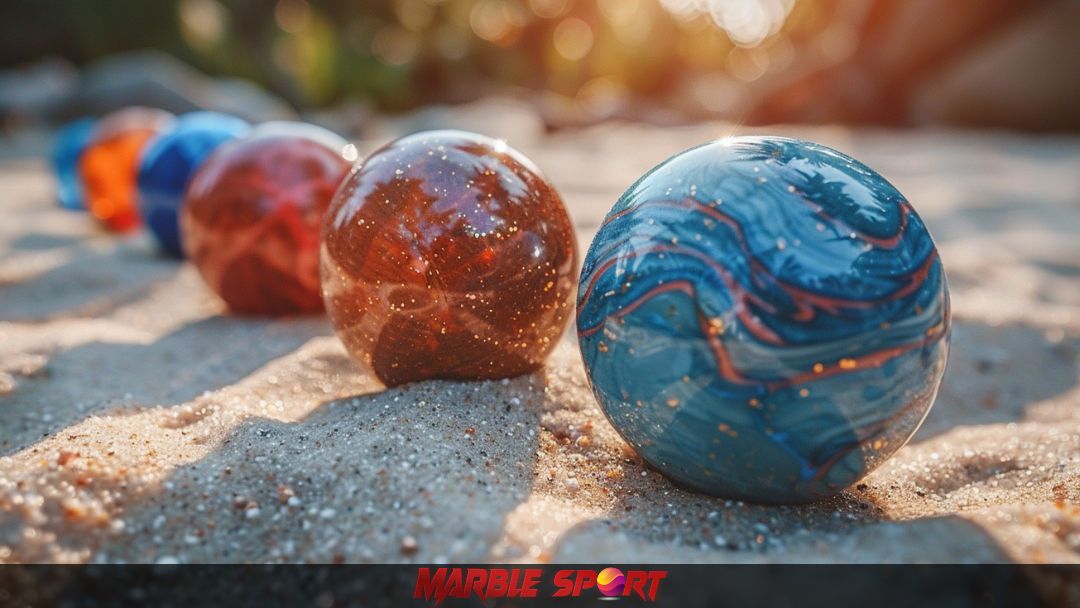
Fragile and prone to damage
One downside of ceramic marbles is that they are more fragile than metal or glass marbles. They can chip, crack, or even break completely if dropped on a hard surface. This is something to keep in mind, especially for high-impact games or long-term use.
Weight balance issue
Compared to a Wooden Marble, ceramic marbles are more fragile. They can chip or crack if dropped on hard surfaces, making them less suitable for high-impact games.
Wear and tear over time
The glazed coating that gives ceramic marbles their shine may wear off with frequent use. This can dull their appearance and slightly affect their performance. If you plan to use them frequently, it’s worth keeping extras on hand or considering proactive storage options.
Suitable for racing
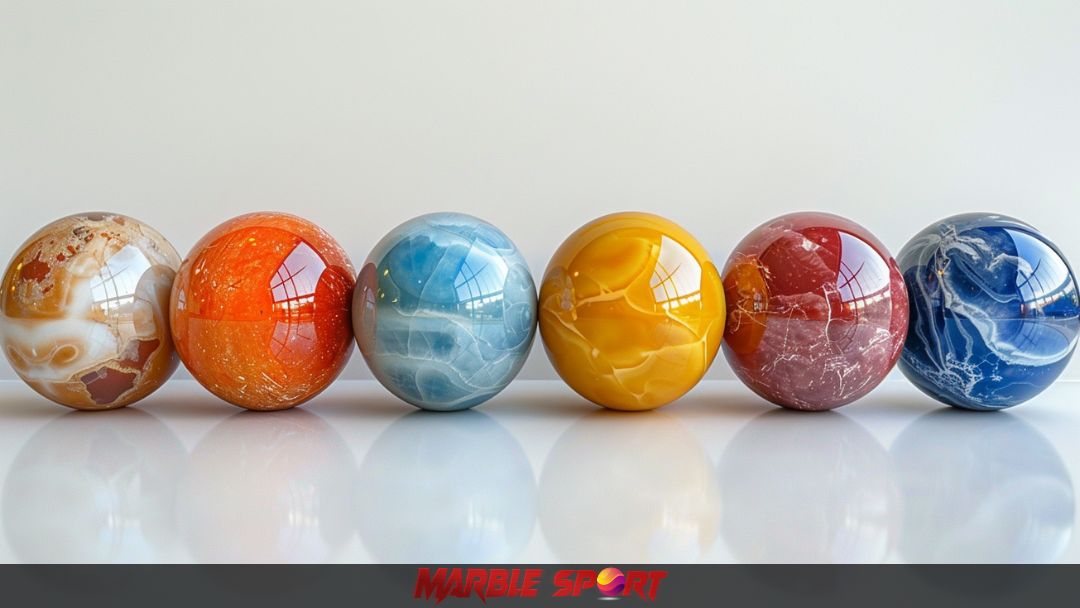
Casual play and experiments
Ceramic marbles are ideal for casual marble racing and testing out new track designs. Their lightweight and slower rolling make them perfect for beginners or anyone experimenting with creative layouts.
Not for competitive racing
While ceramic marbles are fun, they don’t match the precision or speed of glass and metal marble used in professional races. If you’re serious about marble racing, you may want to reserve ceramic marbles for practice rather than competition.
Testing track layout
I found ceramic marble great for trying different track setups. Their slower speed allows me to study track performance and make adjustments before switching to faster marbles. They’re a handy tool for experimenting without the pressure of competition.
Final thoughts
Ceramic marbles are versatile and affordable options for collectors, decorators, and casual racers. They bring charm and creativity to any setting, from home decor to DIY crafts. While they may not be the top choice for competitive racing, their vibrant design and eco-friendly materials make them stand out in many other ways.
FAQ about ceramic marble
What are ceramic marbles used for?
They’re used for decoration, casual games, collecting, DIY crafts, and light marble racing.
How do ceramic marbles compare to glass marbles?
Ceramic marbles are lighter and more fragile, while glass marbles are faster, smoother, and more durable for racing.
What is ceramic marble called?
It’s typically just called a "ceramic marble," but older types may be referred to as vintage or antique marbles.
Are ceramic marbles good for racing?
They’re suitable for practice and casual tracks but not ideal for professional racing due to their fragility and slower speed.
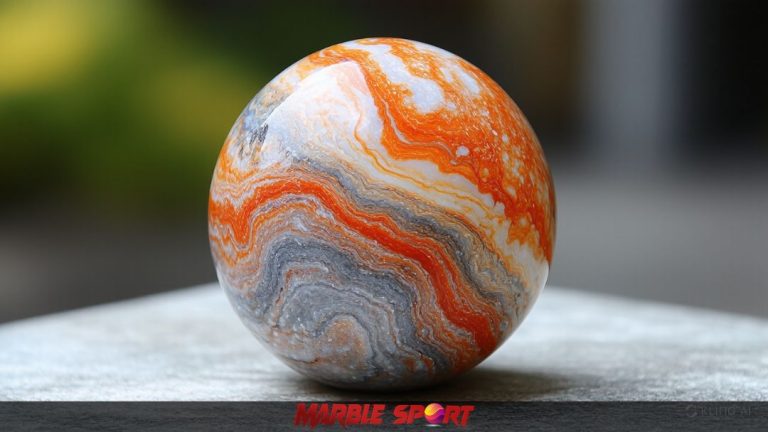
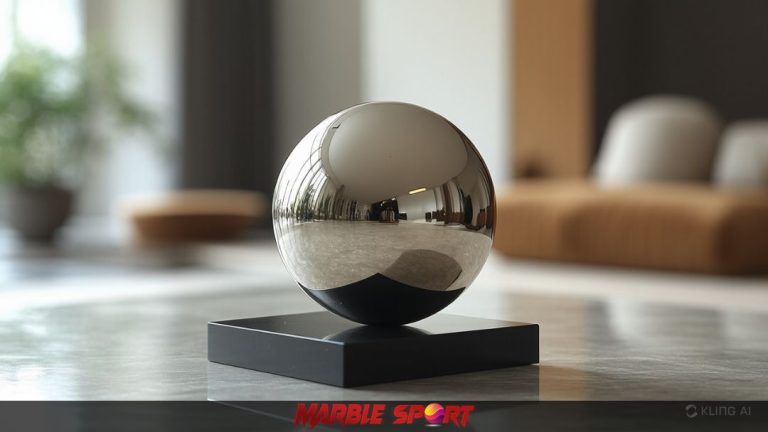
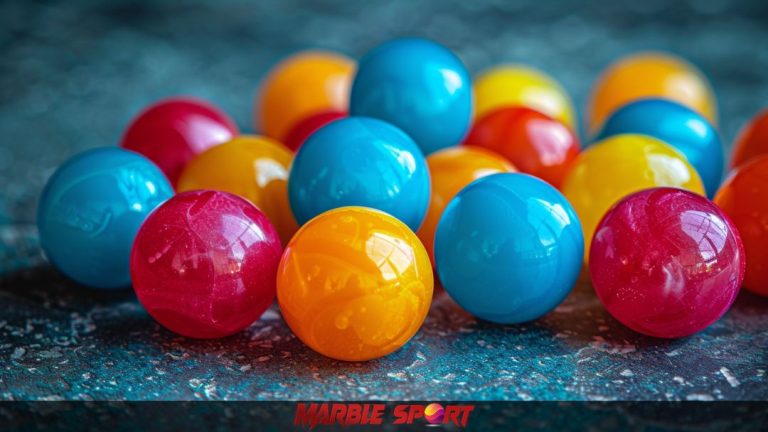
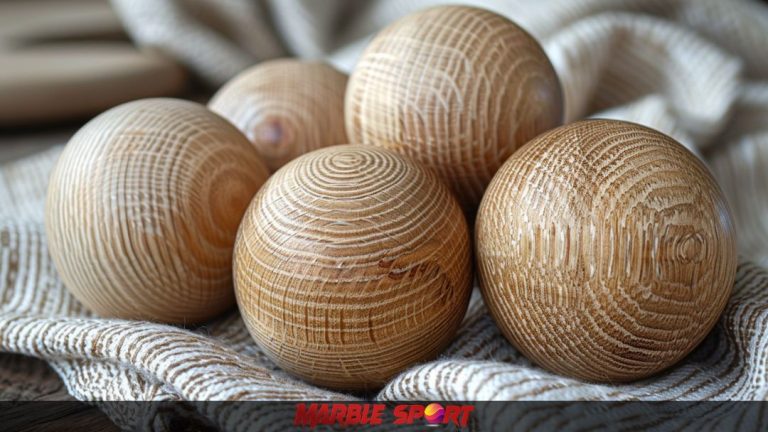
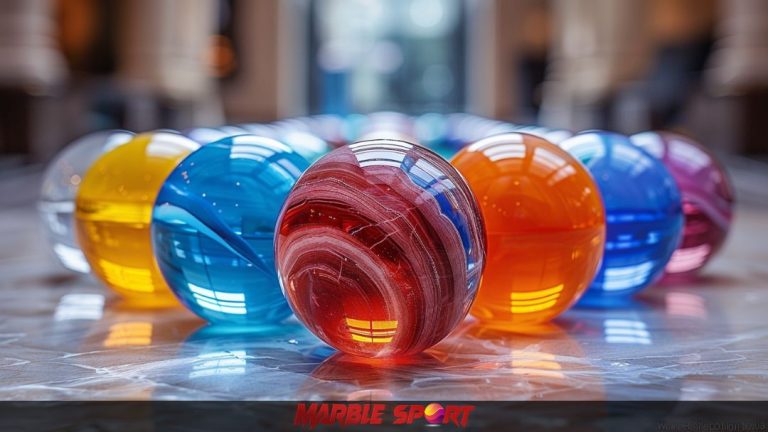
One Comment